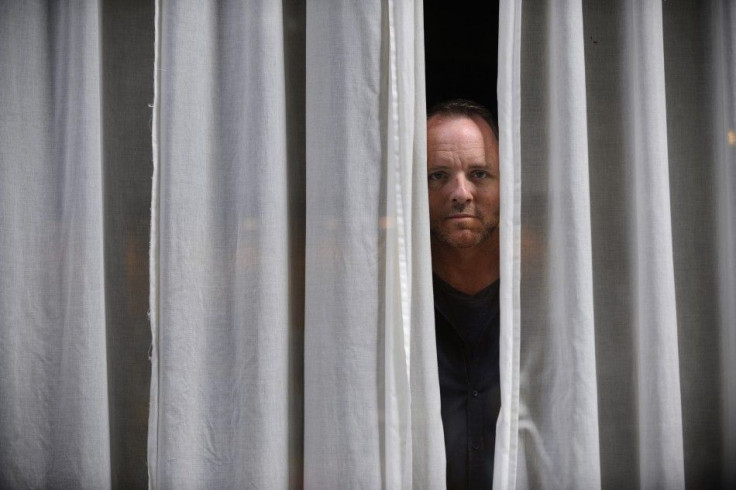"Mystic River" author says his characters lure actors

"Mystic River" author Dennis Lehane attributes the success of his books on the silver screen to his characters, which he says attract the attention of good actors.
Clint Eastwood's film version of "Mystic River" was nominated for the 2004 Oscar for Best Picture, Ben Affleck filmed "Gone, Baby, Gone" and Lehane admits a deal with Martin Scorsese for "Shutter Island" drew the envy and admiration of other writers.
But he does not write his novels with a movie in mind because, he says, it's a very different type of writing.
"A book is an apple and a movie is a giraffe," he said on the sidelines of the Semana Negra book festival in northern Spanish town Gijon. "Plenty of bad movies have been made from great books."
In addition to writing nine novels, Boston-based Lehane was a scriptwriter for the gritty television series "The Wire," set in Baltimore. The international success of the series surprised him.
"We just thought we were writing this very small, very shaggy television show that was extremely low-rated. Nobody, as far as we knew watched us," he said.
HAVES VS HAVE-NOTS
Lehane says his novels are informed by the perennial conflict between the haves and have-nots.
"My core belief is that it's the battle of all time. It's been going on for centuries and it continues to this day and it's going on right now very clearly since the mortgage and stock meltdown, what happened in Iceland, Ireland and Greece," he said.
"You wrap it up in religions, in ideologies and extremes, but it is the exact same fight and it is always going on."
Boston detectives Angie Gennaro and Patrick Kenzie, familiar from his first five books, team up again in Lehane's latest novel, "Moonlight Mile," after a break of three books and 11 years. They now have to find a young woman who has disappeared for a second time.
"They're older, they're slower, they're far more vulnerable because they have a child, they're under a lot more stress, financially and emotionally, I would argue," he said.
"They are not the footloose and fearless fighters for justice that we lost in 'Prayers for Rain'."
Lehane is working on a 10th novel, to be set in the 1919-33 Prohibition era, when the sale of alcohol was banned in the United States. It features a couple of characters from an earlier book, "The Given Day."
© Copyright Thomson Reuters 2024. All rights reserved.











